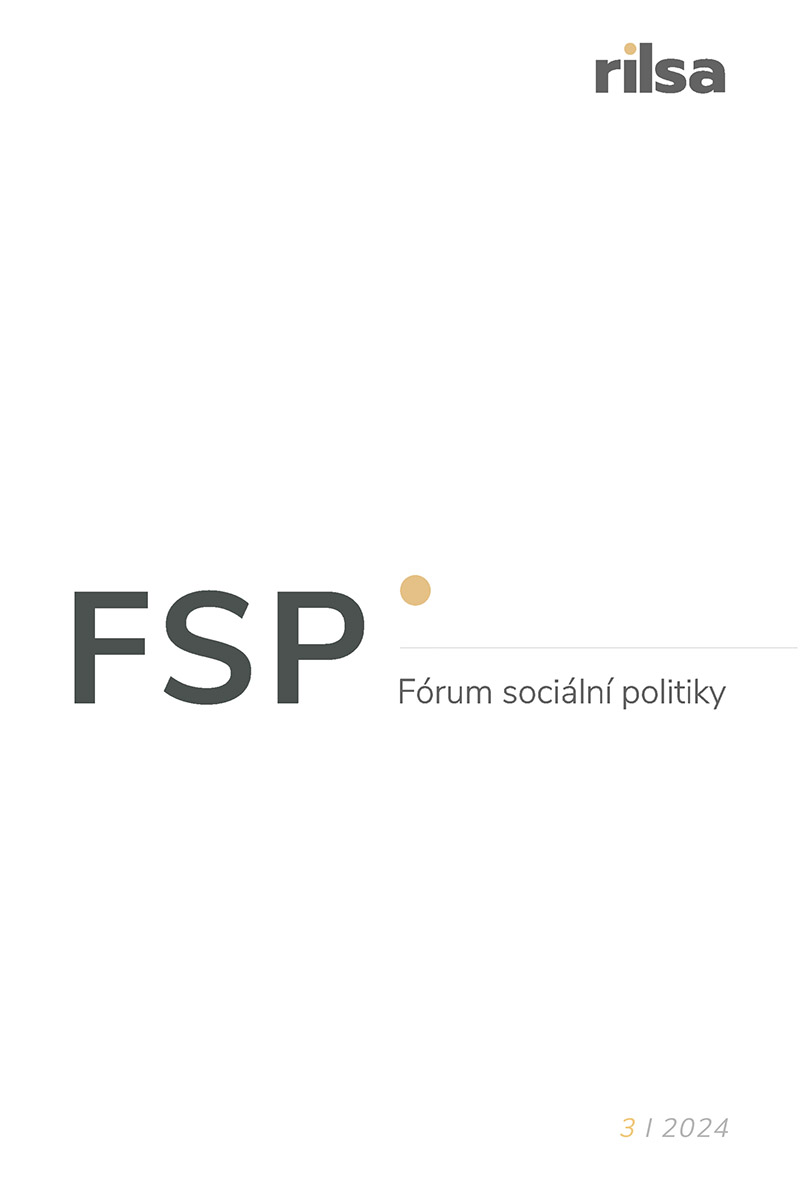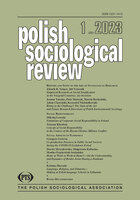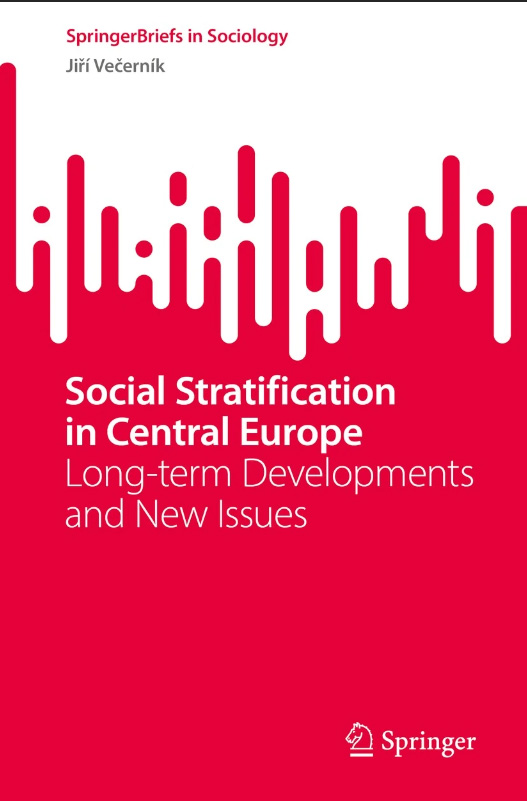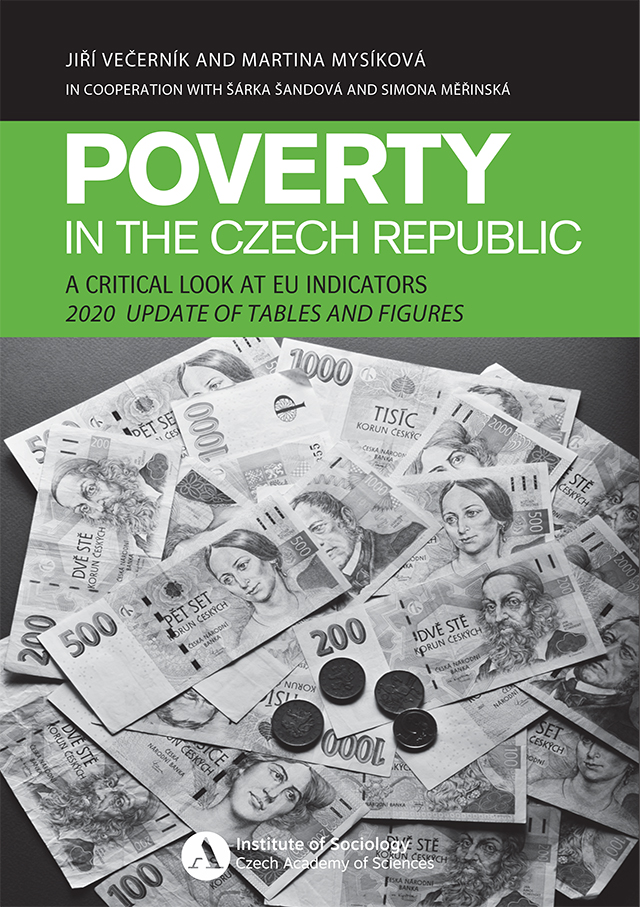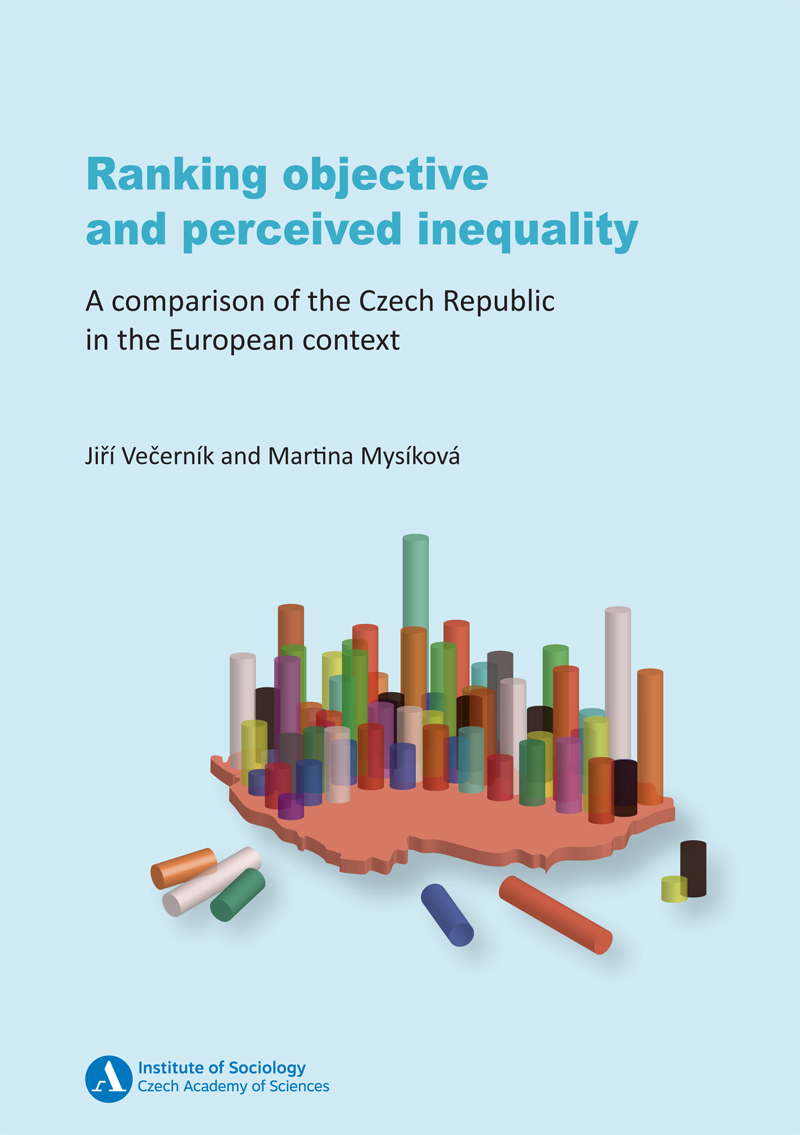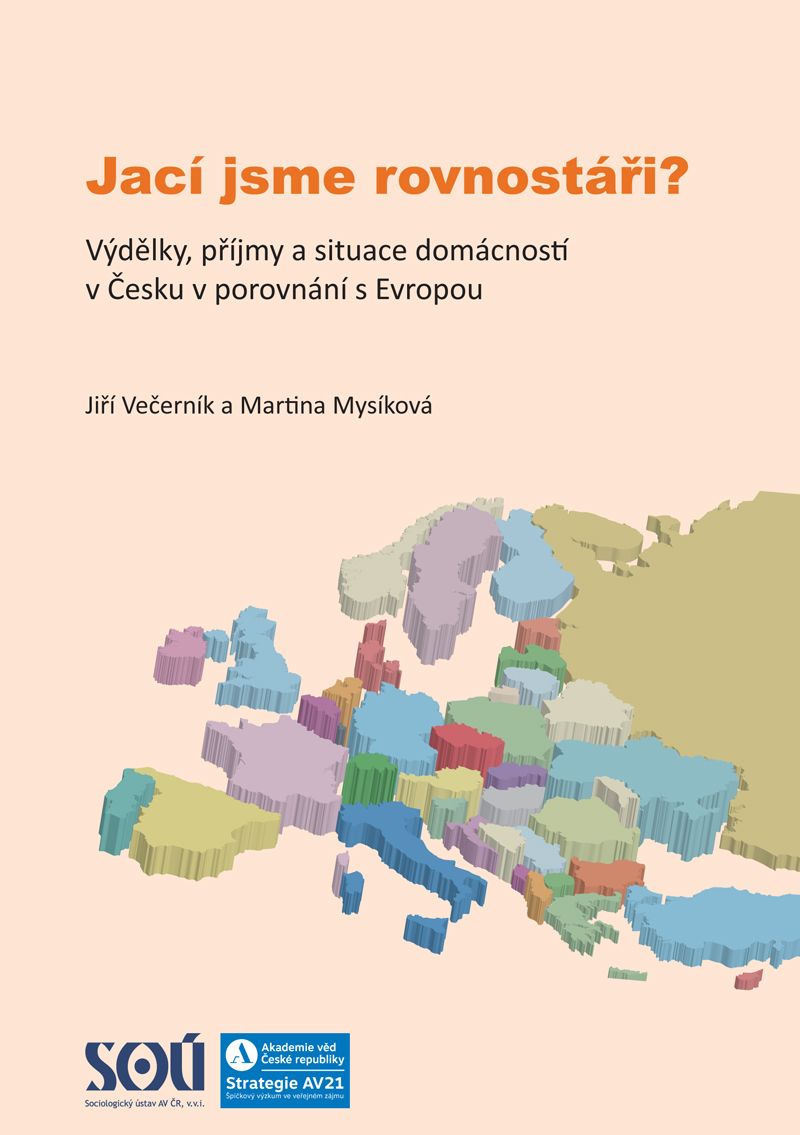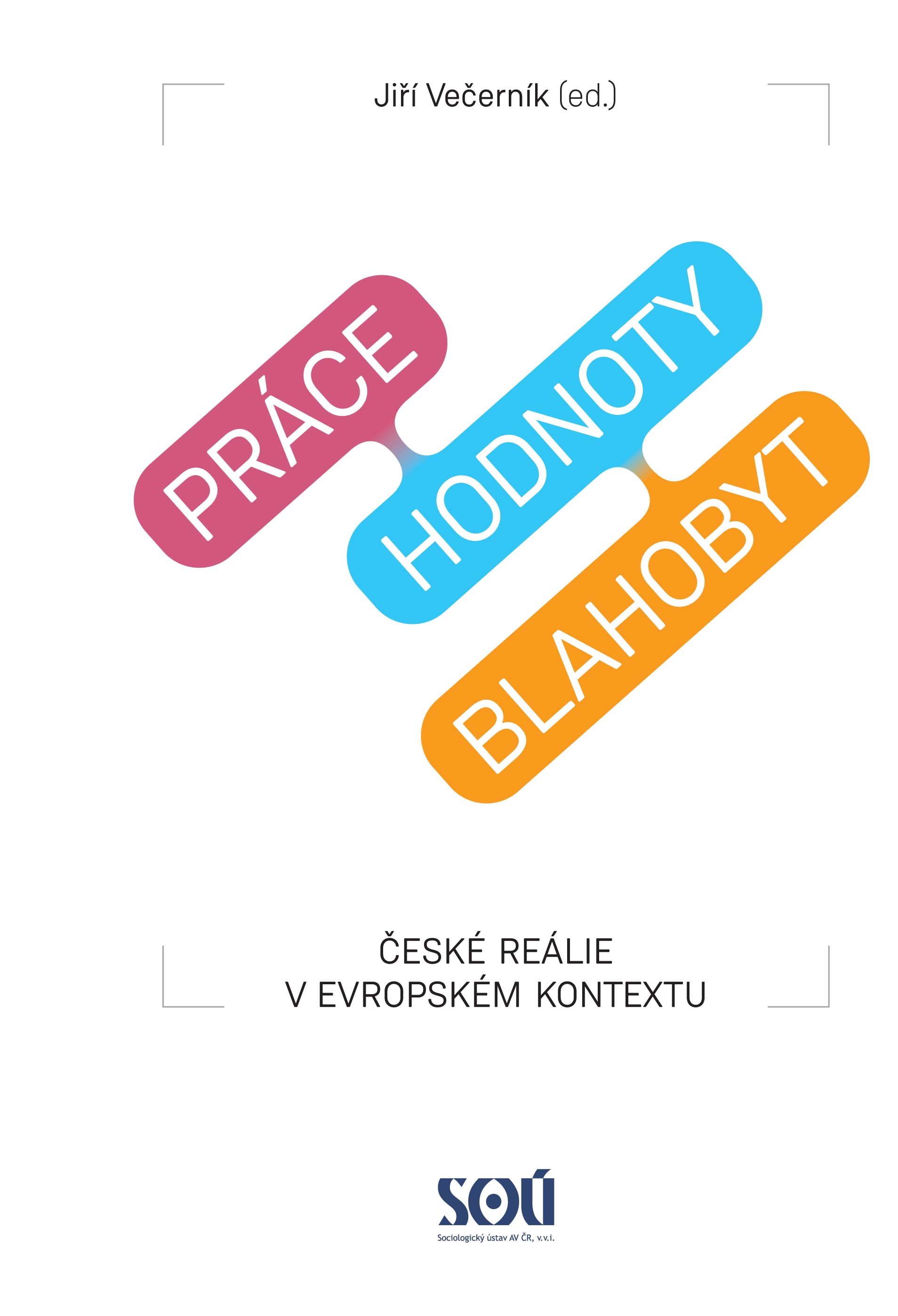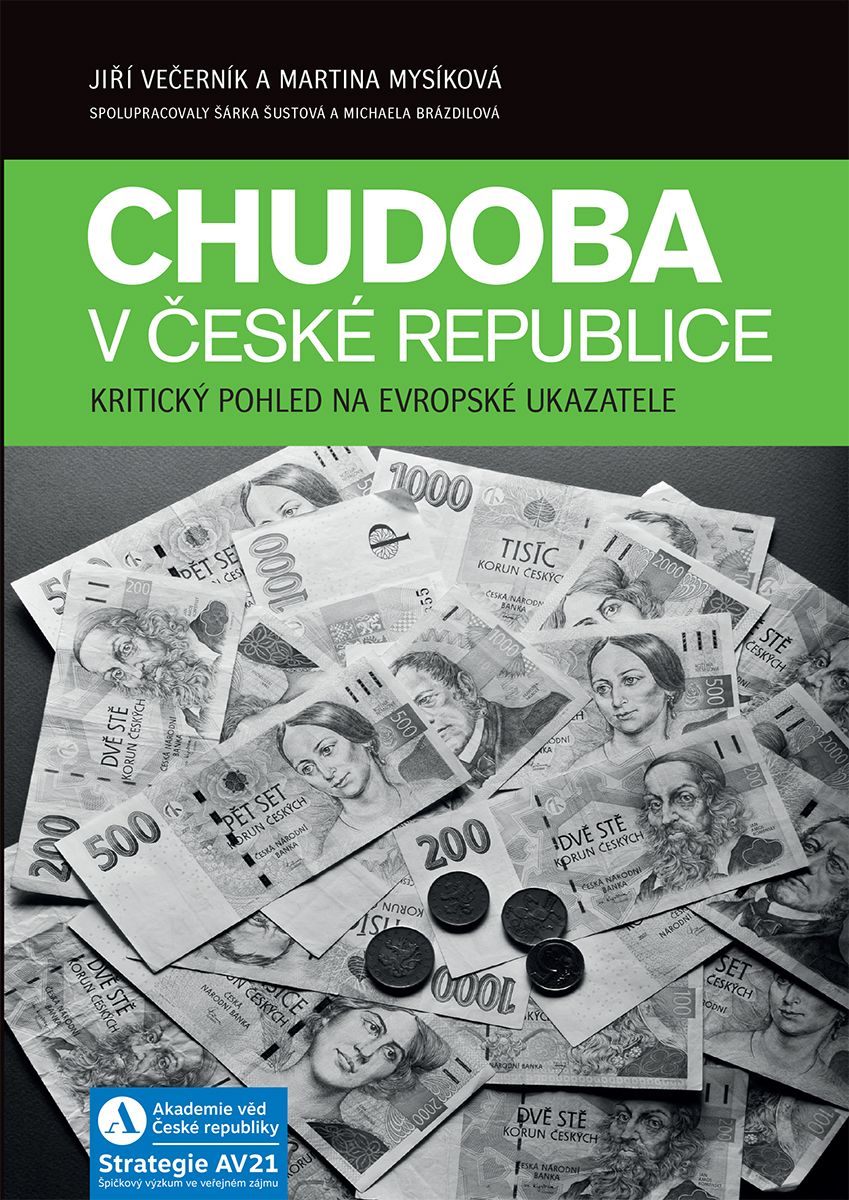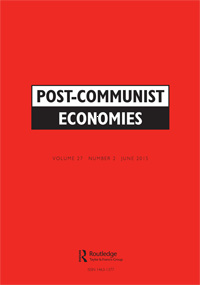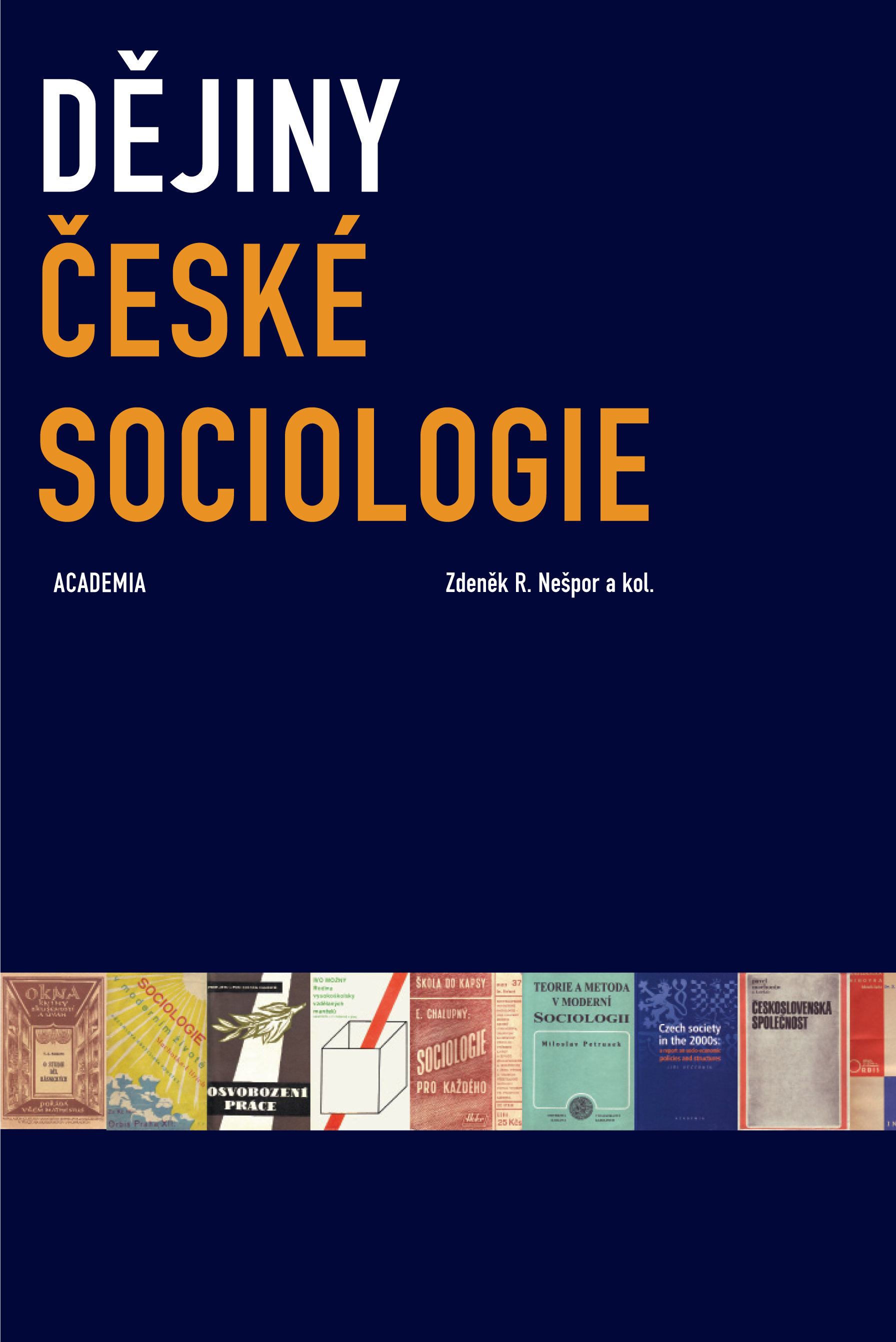Publications
Social structure and the middle class in the Czech Republic and Central Europe. Concepts, history and analysis
Topics: Intergenerational Relations, Family, Social Inequalities
The role of food and housing expenditures in household economic well-being: Evidence from Czechia
Topics: Housing, Wages and Incomes, Standard of Living
Příjmy, životní spokojenost a sociální identita českých seniorů v mezinárodním porovnání
Topics: Intergenerational Relations, Wages and Incomes
Empirical Research on Social Stratification in the Visegrád Countries: An Overview.
Topics: History of Sociology, Social Inequalities
Social Stratification in Central Europe
Topics: European Union, Social Inequalities
Publication Type: Professional Book / Monograph
Department: Economic and Religious Studies
Udržování církve ideály, z nichž se zrodila. Sociologické snahy v Církvi československé (husitské)
Topics: History of Sociology
Retirees are also stratified: pre-retirement socio-occupational status and the well-being of older adults in Central Europe
Topics: Social Inequalities, Age and Aging, Standard of Living
Equivalence scale and income poverty: Two approaches how to estimate country-specific scale for the Czech Republic
Topics: Wages and Incomes, Standard of Living
Poverty in the Czech Republic. A Critical Look at EU Indicators. 2020 Update of Tables and Figures
Topics: Economy, Standard of Living
Setting Social Status in Couples and Partners’ Budgetary Discretion in Central European Countries
Topics: Social Inequalities, Standard of Living
Subjective Perceptions of Poverty and Objective Economic Conditions: Czechia and Slovakia a Quarter Century After the Dissolution of Czechoslovakia
Topics: Standard of Living
Ranking objective and perceived inequality
Topics: Wages and Incomes, Social Inequalities
Publication Type: Professional Book / Monograph
Department: Economic and Religious Studies
Jací jsme rovnostáři? Výdělky, příjmy a situace domácností v Česku v porovnání s Evropou
Topics: Economy, European Union, Globalization, Social Inequalities
Publication Type: Professional Book / Monograph
Department: Economic and Religious Studies
Práce, hodnoty, blahobyt. České reálie v evropském kontextu
Topics: Economy, Work, Education, Standard of Living
Publication Type: Professional Book / Monograph
Department: Economic and Religious Studies
Spokojenost se životem a zaměstnáním v České republice
Topics: Standard of Living
Poverty in the Czech Republic: A Critical look at EU Indicators
Topics: Economy, Standard of Living
Vliv nízké pracovní intenzity na chudobu v České republice a Slovenské republice
Topics: Economy, Standard of Living
Chudoba v České republice. Kritický pohled na evropské ukazatele
Topics: Economy, Standard of Living
Rovnostáři už nejsme
Topics: Wages and Incomes
Publication Type: Public event or educational activity
Department: Economic and Religious Studies
Domácnosti nejlépe vědí, jak na tom jsou
Topics: Wages and Incomes, Standard of Living
Publication Type: Public event or educational activity
Department: Economic and Religious Studies
Ekonomický zázrak se nekonal
Topics: Economy
Publication Type: Public event or educational activity
Department: Economic and Religious Studies
Subjektivní blahobyt v České republice a střední Evropě: makro- a mikro-determinanty
Topics: Standard of Living
GDP and Life Satisfaction in European Countries – Focus on Transition
Topics: Economy, Standard of Living
(Un)happy transition? Subjective Well-being in European Countries in 1991-2008 and Beyond
Topics: European Union
Dějiny české sociologie
Topics: History of Sociology
Publication Type: Professional Book / Monograph
Department: Economic and Religious Studies
Page 1 of 9


